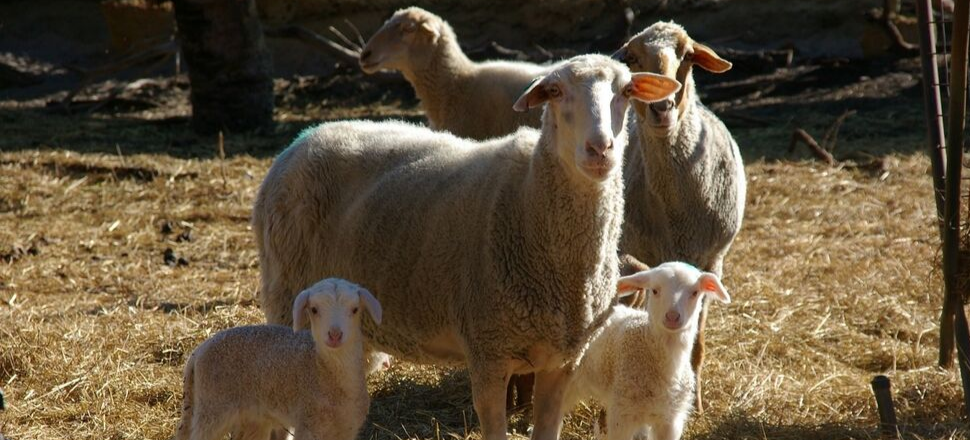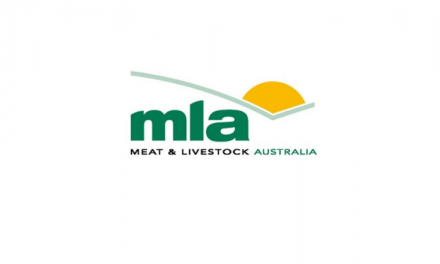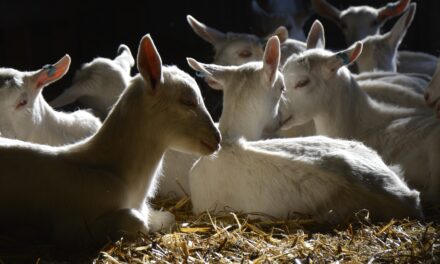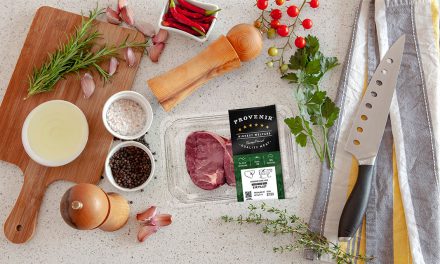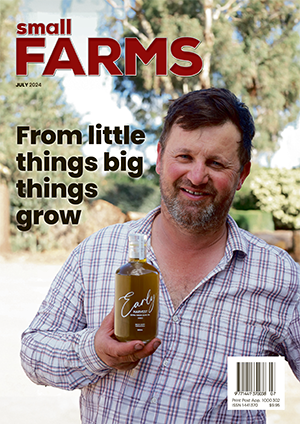Agriculture Victoria has delivered another successful workshop, this time targeting farmers looking to optimise ewe performance to improve lamb marking results on their farms.
More than 76 farmers flocked to Avoca and Edenhope last week to hear about practices they could employ to increase ewe and lamb performance.
Engaging and interactive presentations from knowledgeable sheep experts prompted informative discussions and motivated attendees to consider adopting a range of the tips and ideas presented.
Well-respected farmer, consultant and industry advocate Tim Leeming opened the workshops by highlighting the costs associated with replacement and production losses when a ewe is not available to be joined in the following season.
Mr Leeming explained that maintaining your ewes in appropriate body condition to achieve production targets and minimise health problems is vital, as the cost of replacing ewes is prohibitive given the current market conditions.
He also emphasised the importance of following best practice weaning guidelines to enable producers to drive the specific nutritional requirements of each class of animal.
He said the recommendation was to wean all lambs at 14 weeks from the start of lambing.
“At three months, milk provides only 10 per cent of the total food requirements and weaning onto high quality pasture has production benefits,” he said.
Rob Suter, a Senior Veterinary Officer with Agriculture Victoria who has almost 40 years’ experience researching lamb survival guidelines both in Australia and overseas, provided farmers with information on how to manage ewes to maximise early lamb survival.
Dr Suter highlighted the role ewe nutrition plays in rearing more lambs.
“To address the starvation, mismothering and exposure complex, which accounts for 48 per cent of lamb loss, the ewe must not be disturbed and have enough feed on offer to keep her close to the birthing site for six hours,” he said.
Dr Suter also shared information on the common diseases of sheep, their clinical signs, causes and treatments.
Feedback from the participants at these workshops was overwhelmingly positive, with many indicating their intention to wean lambs earlier to ensure that ewes have adequate recovery period after lambing.
The workshop ‘whet the appetite’ of many attendees who indicated an eagerness for more opportunities to upskill.
The event highlighted the importance of ‘Lifetime Ewe Management’ courses which have been developed for wool and sheep producers aiming to maximise productivity by accurately measuring and managing the energy requirements and inputs of their ewe flock through the reproduction cycle.
For more information about ‘Lifetime Ewe Management’ go to: rist.edu.au.

